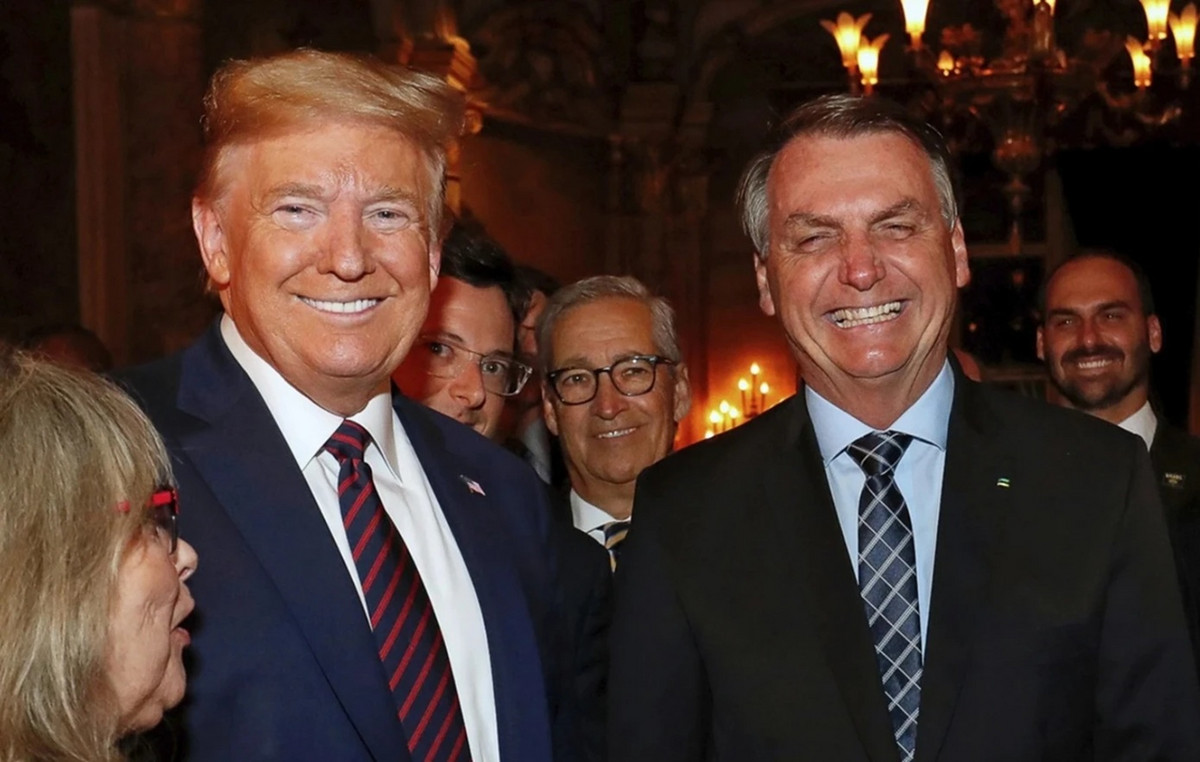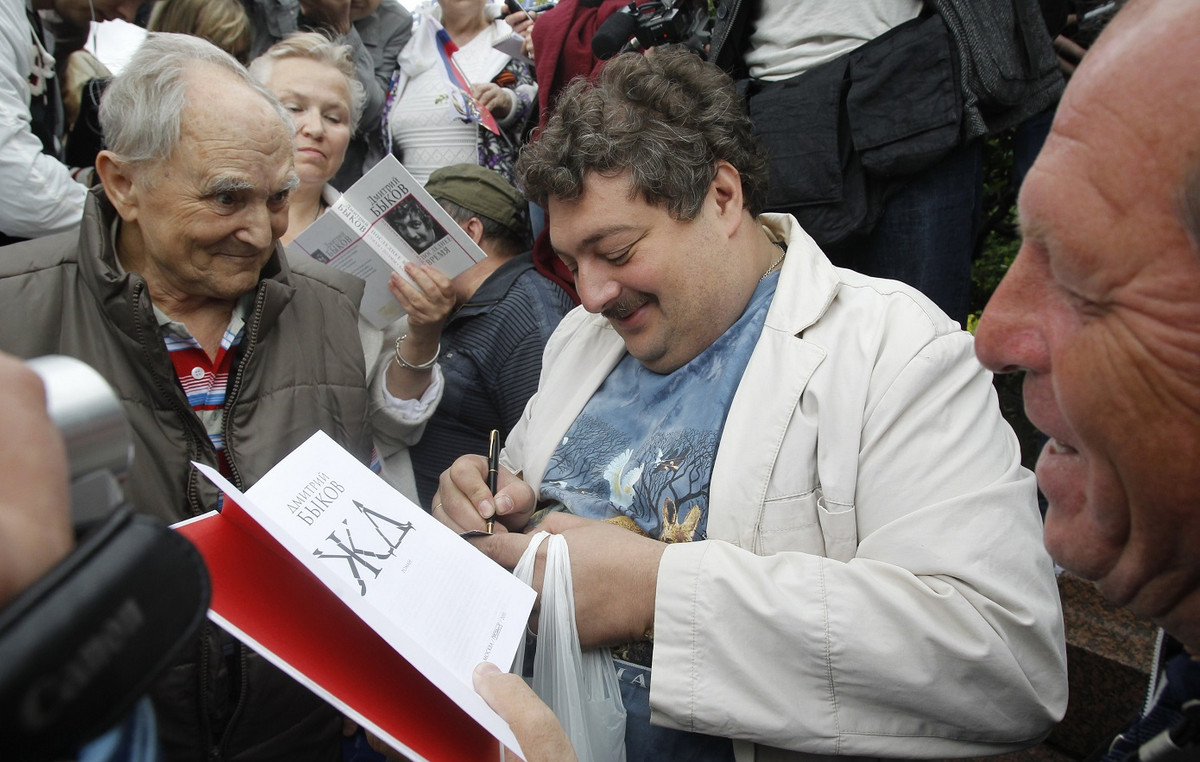After rising 54% in 2021 – which resulted in a 47.5% rise in the price of gasoline in Brazil, becoming one of the main sources of inflationary pressure – oil has already advanced another 18.2% in the beginning of this year. year.
Last Friday (11), the barrel reached US$ 95 and, faced with the threat of Russia to invade Ukraine, some economists are already talking about the possibility of the price exceeding US$ 120.
An important oil producer, Russia could, in the midst of a war, interrupt the flow of the product – which would raise the price of the commodity.
“The expectation of invasion alone already puts pressure on prices. We are revising our oil forecasts to incorporate this whole story. The bias is up”, says the chief economist at Tendências Consultoria, Alessandra Ribeiro.
With the expectation that there would be an increase in the supply of oil in North America and a slight slowdown in demand, Alessandra projected that the barrel would end 2022 around US$ 65.
“That level would give good relief for inflation.”
It would even mean a drop of 16% compared to the value recorded at the end of 2021. The scenario, however, has changed once again, and oil, its effect on inflation and activity, have once again become a concern for governments of Worldwide.
twists
22 months ago, there was oil left in the world. With the pandemic and countries in lockdown, demand for the product plummeted in 2020, inventories were overstocked and, suddenly, it was necessary to pay to store the oil – which made the price of WTI (type of oil produced in the USA) retract.
The barrel of Brent (a lighter oil that serves as the main global reference) fell at the time to below US$ 20 – the first time since 2001 – and the price seemed far from becoming a problem.
Demand, however, returned much faster than expected, driven by economic stimulus adopted by various governments, and producing countries did not keep pace.
Now, when accommodation was expected, the price skyrocketed.
“If there is a conflict, the sky is the limit for the quote. If not, we’re probably close to the peak. The conclusion is that, in the coming months, the price will still be high. If there is no war and the US Central Bank raises interest rates, it is possible that demand will cool down a little”, says José Roberto Mendonça de Barros, partner at MB Associados.
The information is from the newspaper. The State of São Paulo.
Source: CNN Brasil
I am Sophia william, author of World Stock Market. I have a degree in journalism from the University of Missouri and I have worked as a reporter for several news websites. I have a passion for writing and informing people about the latest news and events happening in the world. I strive to be accurate and unbiased in my reporting, and I hope to provide readers with valuable information that they can use to make informed decisions.







